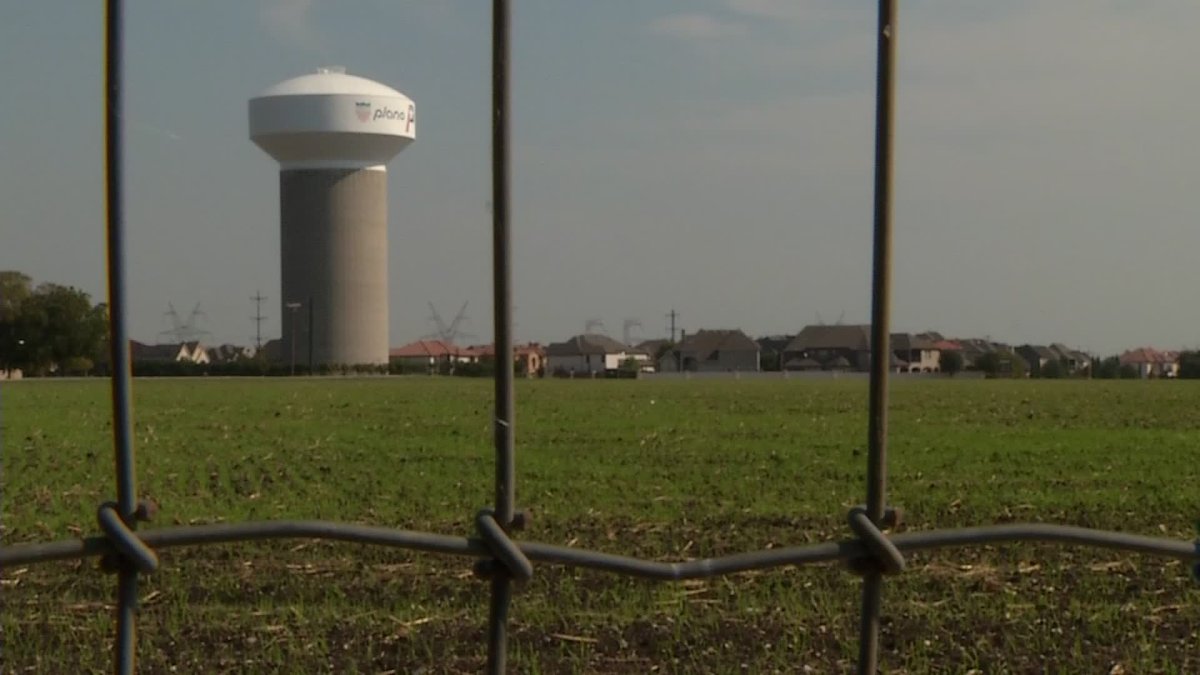Texans have some significant decisions to make this fall, with 17 proposed amendments to the state constitution, ranging from increasing the homestead exemption to reforms related to bail. That includes the state’s future water needs
Friday, October 31, is the last day of early voting before Election Day next Tuesday.
Sales tax, the state’s cut of most transactions you make every day. Once that pot of money to the state exceeds a certain amount, Proposition 4, which is in front of voters this fall, would dedicate up to $1 billion every year to the Texas Water Fund to pay for large-scale water infrastructure projects.
Texas has never had a dedicated fund for this, despite its booming population. State water planners say drastic action is needed, as the Texas Water Development Board predicts that the state’s water supply will fall short of demand by the 2030s.
NBC DFW spoke with Jenna Covington, the Executive Director of the North Texas Municipal Water District, which pumps water and wastewater to 2.3 million people. Only in this one district is there a list of $1.7 billion in water projects needed to keep up with the growing population. That funding either comes from state tax dollars or water rate fees.
“As we look further out, the options for water supply reservoirs where water would be available are farther away. A majority of the cost of having access to that water is the infrastructure required to move it to our area. As those supplies get further away, the costs increase substantially,” said Covington, “More pipes, longer pipes, more pumps. All of those things are getting more expensive as everything is around us.”
Water is only one issue. Other proposals include whether to exempt homesteads from school taxes up to $140,000 in value, and up to $200,000 for homeowners over the age of 65.
There’s also a constitutional ban on state inheritance and capital gains taxes. Those taxes are a key requirement for the Texas Stock Exchange to open up in downtown Dallas.
All 17 of these constitutional propositions received two-thirds of the vote in the legislature, meaning a significant number of Democrats joined with the Republican majority.

